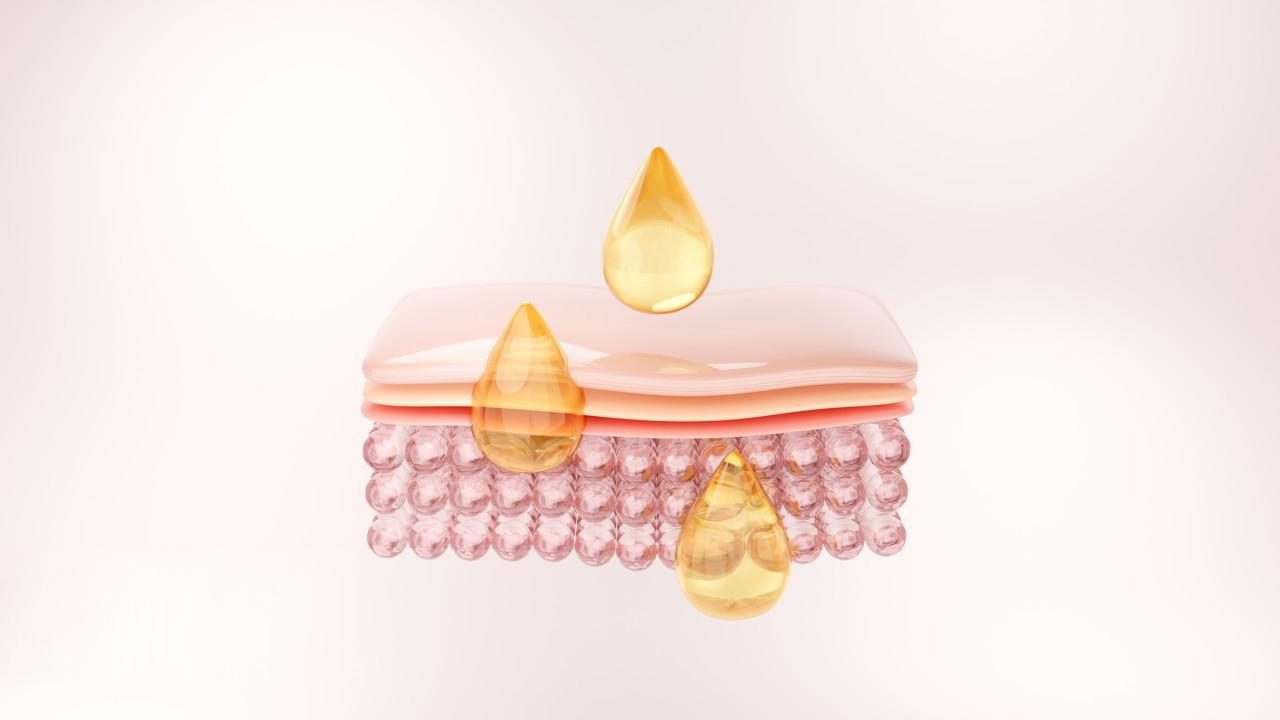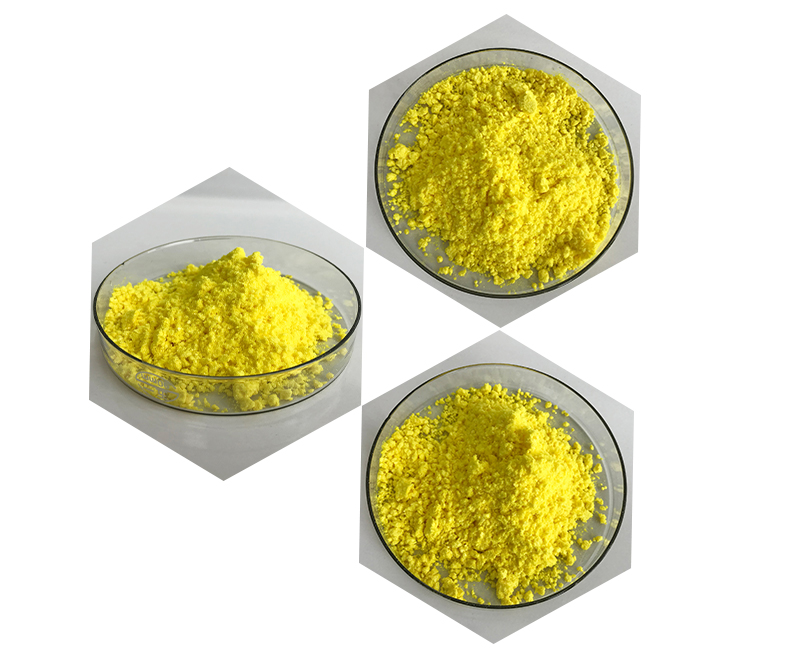Retinoic acid, also known as vitamin A1 acid, is a derivative of vitamin A and plays a crucial role in various biological processes. Here are some pros and cons associated with retinoic acid:
Pros of Retinoic Acid:
Skin Health: Retinoic acid is widely known for its benefits in promoting skin health. It is often used topically in skincare products to treat acne, reduce the appearance of fine lines and wrinkles, and improve skin texture.
Cell Differentiation: Retinoic acid is essential for cell differentiation, particularly in embryonic development. It helps cells specialize into specific types, contributing to the formation and maintenance of various tissues and organs.

Vision: Retinoic acid is crucial for maintaining healthy vision. It is a component of the visual pigment rhodopsin, which plays a key role in low-light vision.
Immune System Support: Vitamin A, from which retinoic acid is derived, is important for supporting the immune system. It helps maintain the integrity of mucosal surfaces, such as those in the respiratory and gastrointestinal tracts, acting as a barrier against pathogens.
Cancer Treatment: Retinoic acid has been used in the treatment of certain types of cancer, such as acute promyelocytic leukemia (APL). It induces differentiation of cancer cells, promoting a more mature and less aggressive phenotype.
Cons of Retinoic Acid:
Skin Irritation: Topical application of retinoic acid can lead to skin irritation, redness, and peeling. It may take time for the skin to adjust to the treatment.
Photosensitivity: Retinoic acid can make the skin more sensitive to sunlight. Users are often advised to use sunscreen and avoid excessive sun exposure while using retinoic acid-containing products.
Teratogenicity: Excessive intake of vitamin A or retinoic acid during pregnancy can be teratogenic, potentially causing birth defects. Pregnant women are advised to avoid high doses of vitamin A supplements.

Dryness and Peeling: Some individuals may experience dryness and peeling of the skin, especially during the initial stages of retinoic acid use. This can be bothersome for some users.
Not Suitable for Everyone: Retinoic acid may not be suitable for individuals with certain skin conditions or sensitivities. Consulting a healthcare professional before use is important.
Long-term Safety Concerns: Long-term use of retinoic acid has raised some concerns about potential side effects. Research is ongoing to better understand the safety profile of prolonged use.
It’s crucial to note that the pros and cons can vary depending on the specific context of use, such as whether retinoic acid is taken orally, applied topically, or used for medical treatments. Always consult with a healthcare professional or dermatologist before incorporating retinoic acid into your skincare routine or taking it as a supplement.
